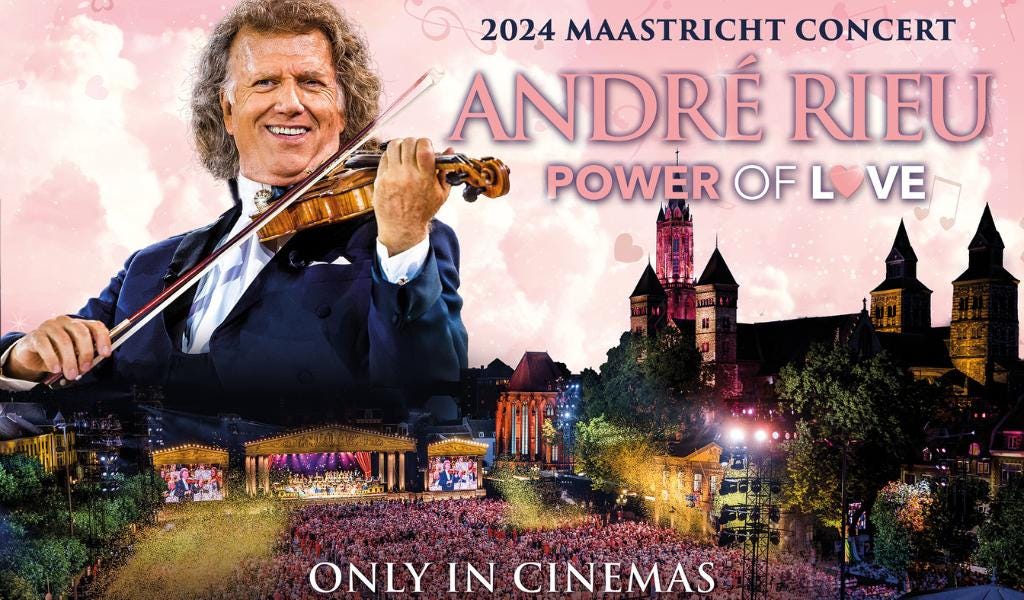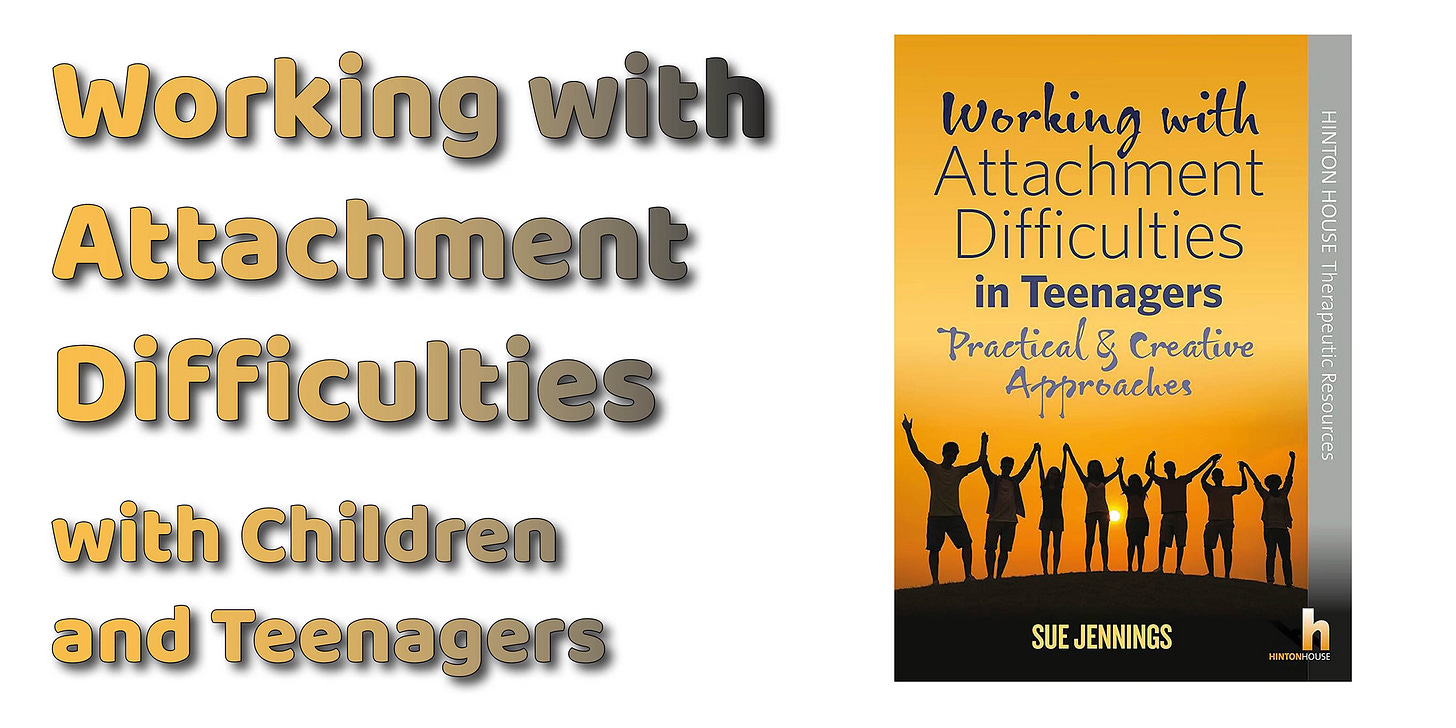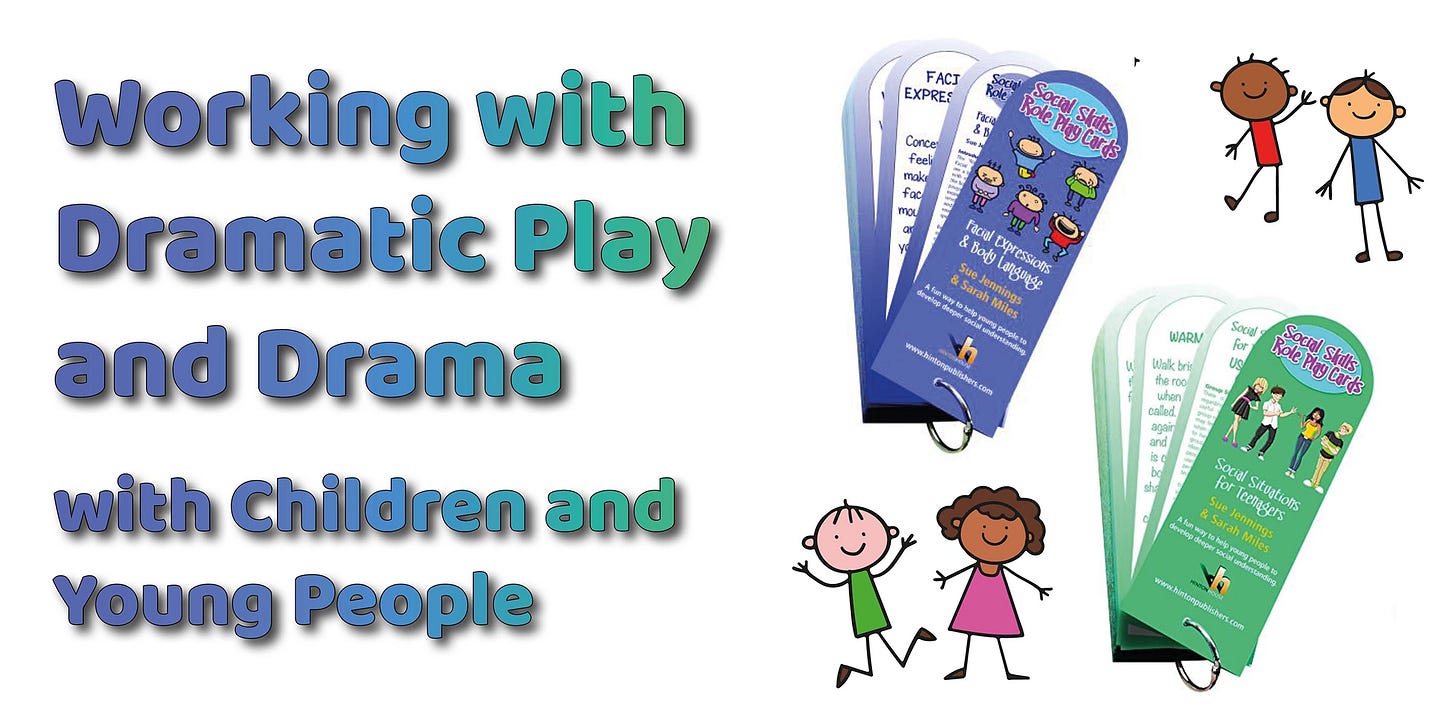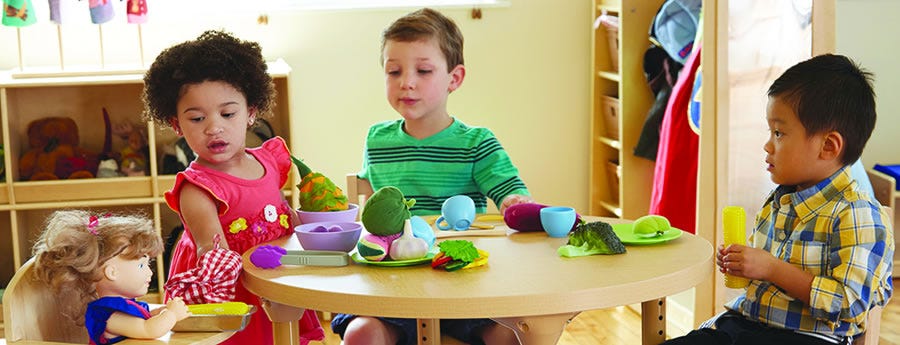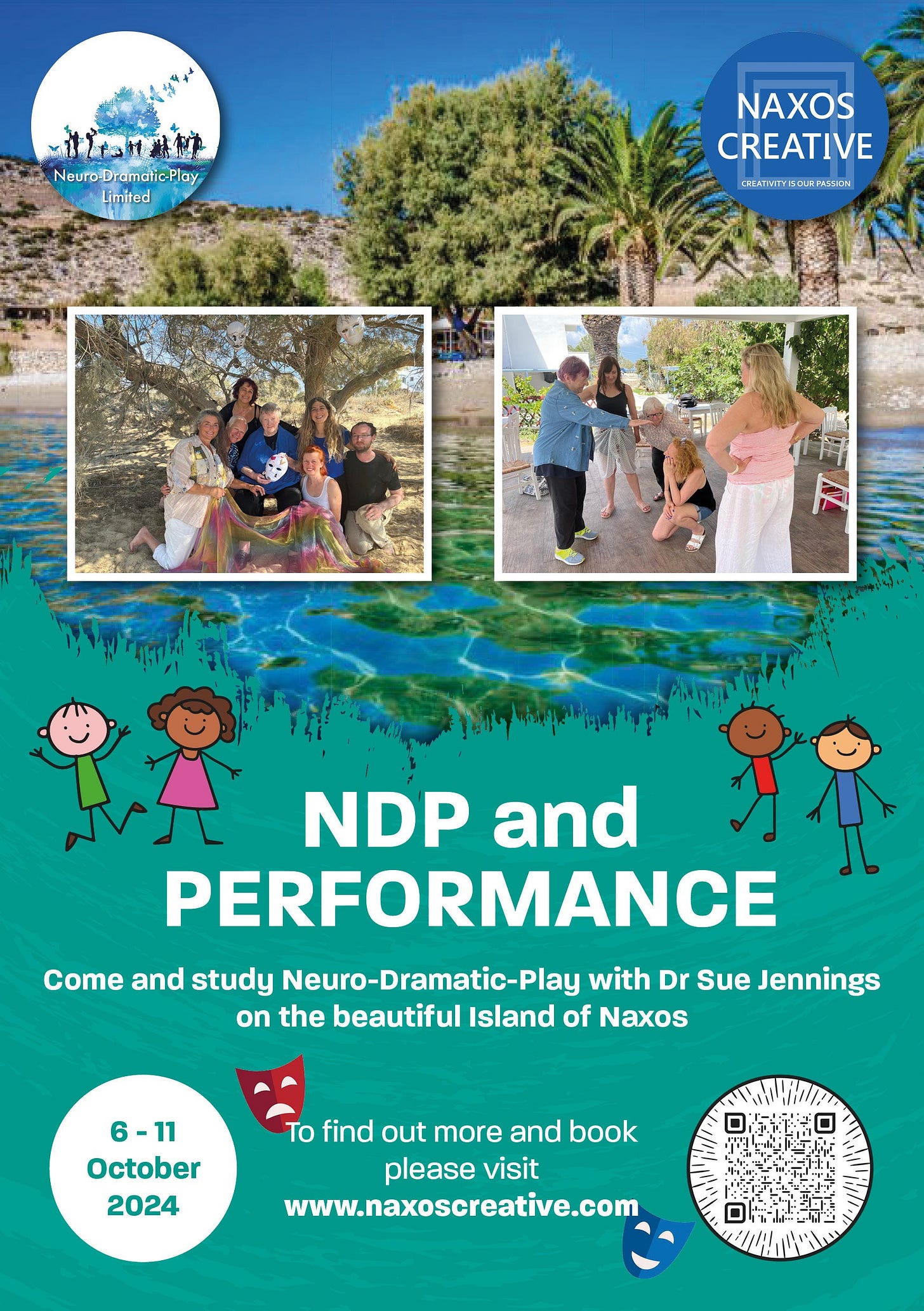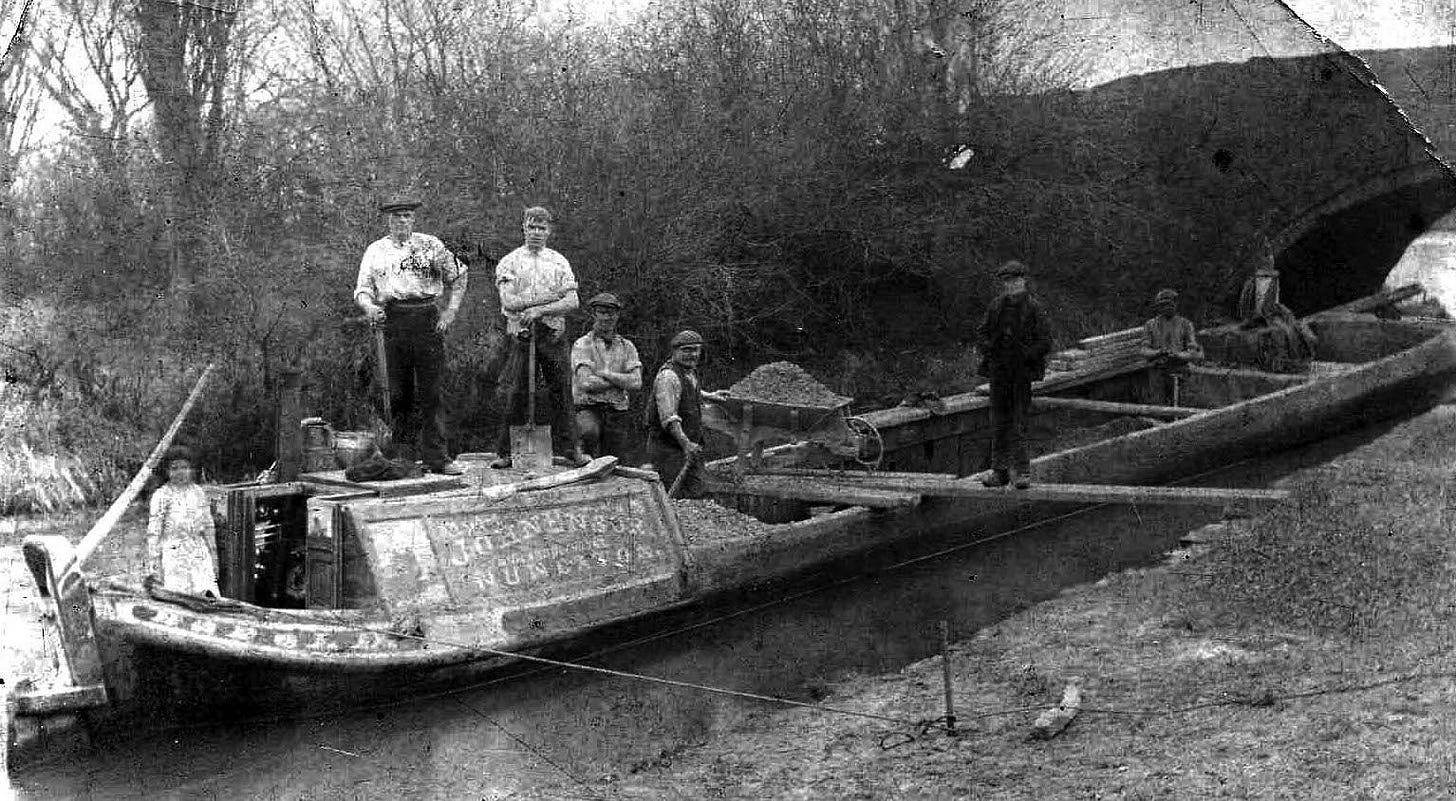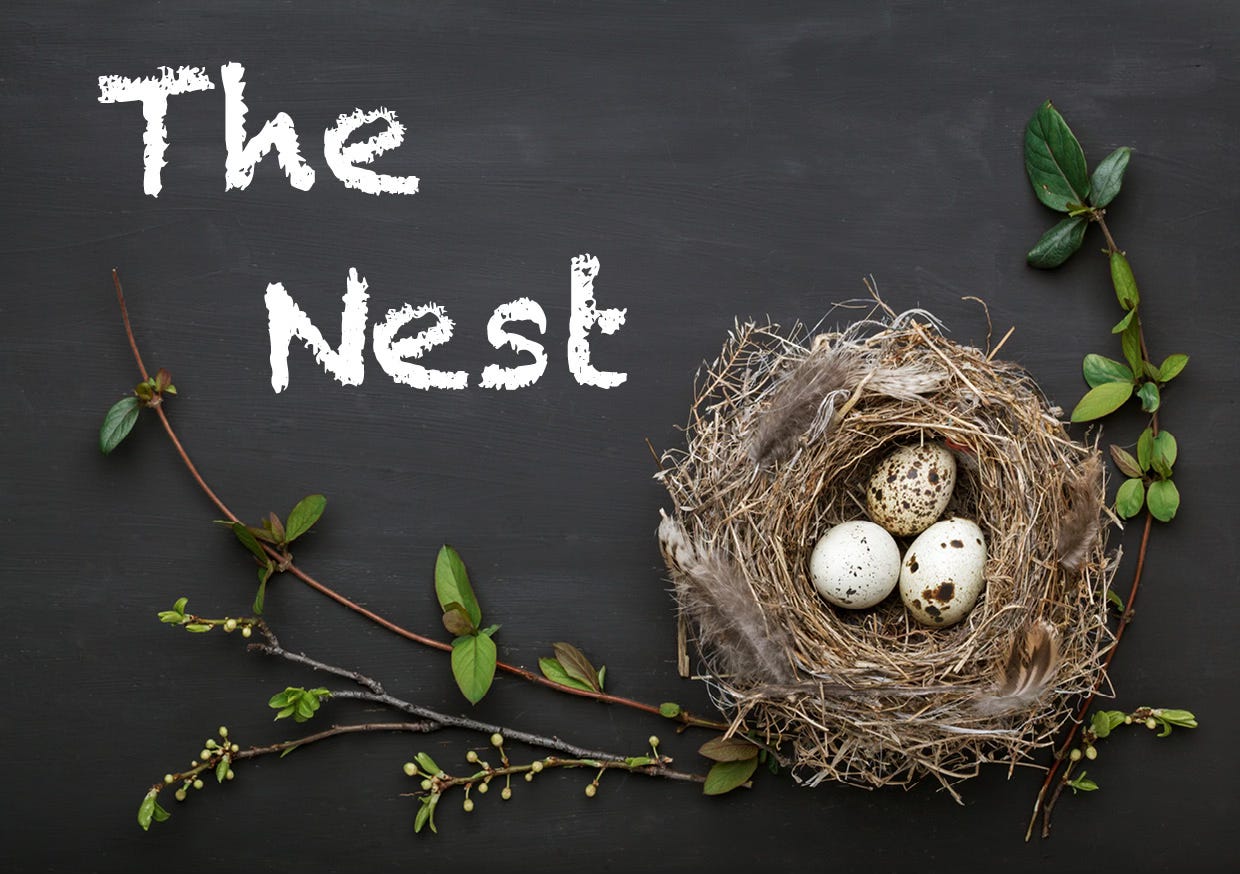Dear All
I do hope that you have managed or do manage to have some type of holiday, or at least a break away from the stresses and strains of modern living. I am fortunate that I live in a very quiet road, and since most of my work is from home, the environment is less stressful than for many.
However I have to be careful not to live in a bubble. BUT that is about to be solved! I’m looking at mobility scooters so that I can get out and about for some social life! And even to the doctor’s surgery. Although they only go 6 mph, I am amazed that we can drive them without a special licence. Especially so, since I am not allowed to drive a car because I take insulin for my type 2 diabetes. Anyone got any tips? I have already been warned that the batteries are very heavy. Too right! I could not even lift a battery, so it means I musty opt for an LED battery – but that doubles the cost! So lots of questions and conundrums before I make a final decision.
Nevertheless, however I get there, I shall be going to the new Andre Rieu film ‘Power of Love’ which will be in cinemas across the UK on Saturday 31 August and Sunday 1 September. It is a new presentation with his Johann Strauss orchestra, and various solo artistes, lasting 165 minutes, and filmed in his home town of Maastricht in the Netherlands. Andre Rieu is a bit like Marmite – you either love it or hate it! I shall write more in another Newsletter!
I rarely get caught up in diets and diet books but the one by Dr Xand Van Tulleken ‘How to Lose Weight Well’ is the exception! Quite apart from having over 75 amazing recipes, many of them vegan and vegetarian, the main text is immensely readable. It’s the first book of its kind that I have been able to take to bed as bedtime reading! Usually it’s various mystery crimes or novels. He certainly jolts one into being careful about eating healthily. And yes, I have lost a stone and a half!
More about him later – and his identical twin, who is also a doctor, who specialises in writing about food, but from a rather different perspective.
With Love,
Dr Sue
Forthcoming Short Courses
After the success of and positive feedback from August’s book tie-in short courses, we have two new webinars coming up soon: on Attachment (with included book) and Dramatic Play and Role Play (with included Role Play Cards). With tickets for just £35, including the resource, these are a real bargain and a fantastic CPD top-up opportunity!! See links below for more information.
NDP and forms of Play
We have discussed the basics of NDP in previous Newsletters, namely: Water Play, Rhythmic Play, Messy Play and Dramatic Play. Although water play probably starts it all off, these contrasting play-forms start and interact with each other, rather than following a developmental pathway.
“Rhythmic play usually gives safety and security, and messy play is the adventure for the curious!” (Jennings 2024)
There in the background is the steady heartbeat, slowing down at night, speeding up again. Alerting us to danger when it beats really fast, calming us down when it slows to gentle rhythm, influenced by our breathing. One reason that bubble blowing can be helpful during any fear episodes, is that you need a deep, slow breath to make the bubbles happen.
Rhythmic Play: so we are calm with our heartbeats, and we are rocked in arms or cradles: I wonder why cradles and rocking chairs became things of the past – any thoughts?
I have been examining dramatic play again because so many therapists and teachers have expressed their ambivalence about it and feel uncertain regarding its application. Parents and teachers can laugh when children amusingly imitate the sound of an animal, whether a real animal or one of their toys or an illustration in a book. Certainly imitation is the beginning of dramatic play, but it is not sustained for more than seconds, and if a child repeats it for too long, the amusement of the adult turns to irritation, and a request to ‘shut it’.
However, I think it is important to look at the beginnings of dramatic play, and how it is interactive, even before birth. And I am going to introduce a new concept, that of ‘performative play’. I am not talking about children being encouraged to ‘show off’ to relatives and neighbours, or that competitive streak as to whom gets to play Mary in the Nativity Play. The interactive play that starts during pregnancy and continues throughout childhood is simple roleplay, which is performed between baby and principle attachment adult, usually mother.
During pregnancy, mothers talk to their unborn child and answer themselves ‘as if’ they are the baby; the earliest example of ‘role-reversal’. However, if we are permitted to observe these interactions, we notice that mothers use a special voice for themselves and for the imagined baby, often with gestures on or towards the belly. And this voice and movement is not used elsewhere: it is a specific performance for the baby. I have quoted it before, and it is worth mentioning it again, the interaction and role reversal between Polly Garter and her newborn baby in Under Milk Wood, by Dylan Thomas. Even the name of the play focusses on milk!
‘Me, Polly Garter, under the washing line, giving the breast in the garden to my bonny new baby. Nothing grows in our garden, only washing. And babies. And where’s their fathers live, my love? Over the hills and far away. You’re looking up at me now. I know what you’re thinking, you poor little milky creature. You’re thinking, you’re no better than you should be, Polly, and that’s good enough for me. Oh, isn’t life a terrible thing, thank God?’
This topic is developed further in the next section and will form a chapter in my new book ‘Neuro-Dramatic-Play and Infant Mental Health’, to be published by Routledge.
Plenty to think about!
With love,
Dr Sue
NDP Live Diploma - last semester before price increase - and a few generous bursaries are still available
We have a limited number of places remaining on this coming semester's Live Online NDP Diploma Course. We have held our prices since we launched the course in 2020 and will reluctantly have to increase them in 2025, so this is the last semester before that price increase.
Applications close on Friday 20 September and, thanks to our financial supporters, we still have a number of generous bursaries for those in financially challenging circumstances.
Are you looking to further your understanding of Attachment-Based Play, and Drama and Play Therapy? Do you want more ideas for therapeutic approaches and hands-on application in your work? Then why not consider applying for our Live Online Diploma in Neuro-Dramatic-Play?
You can study from the comfort of your home, attend our live and interactive taught Core Modules, and then share your thoughts, questions and ideas and work with me, my tutor colleagues and the NDP Online Community in our Group Tutorials.
Final chance to study NDP on Naxos
After two amazing years of successful courses, these are the 𝗳𝗶𝗻𝗮𝗹 𝘁𝘄𝗼 chances to work with me 𝗶𝗻 𝗽𝗲𝗿𝘀𝗼𝗻 on the stunning island of Naxos!
Therapeutic Play & Drama Course
6th - 11th of October 2024
OR
18th - 23rd of May 2025
What you will get:
Start your day with yoga or a morning beach walk.
Two daily 3-hour sessions with Dr Sue Jennings & expert guests.
Book private tutorials with Dr Sue for tailored support.
Relax with beach time, swimming or a sunset journal session.
Enjoy dinner in one of the recommended local tavernas or restaurants.
This course is for anyone involved in child development—parents, grandparents, therapists, social workers, teachers, theatre artists and more! Whether working with children, teens or adults, you'll gain new creative and therapeutic skills in a one-of-a-kind setting.
Watch this space! We shall shortly be announcing the ‘NDP Student of the Year’, which is awarded to someone who has consistently shown a high standard in their assessments, course work and workshops.
Just a little nudge – please consider becoming a paid subscriber – not only does it help me as a writer – you also gain more, with additional article, stories and techniques, free webinars and 10% discount on any UK training. As a paid subscriber you are supporting new things that I am creating and are closely involved in the process. Just £65 per year or monthly instalments. Thanks and a hug.
And finally, our bed-time story. This time it is the next section from our story about life at a rural school after WW2.
Miss Penny-Weather’s Country School
The Story of Jimmy Swift, the Boy from Somerset:
Miss Penny-Weather’s Country School story is based on events that the author experienced or that she heard about as a child in post-war Britain. It creates the atmosphere of the rural school and is a useful addition to lessons about social history. It will be published as a book later this year.
Episode 6
They finished their breakfast, shook any crumbs overboard for passing fish, rather than dropping them on deck to attract mice. Jimmy unwound the mooring rope and coiled it neatly on deck, then pushing away from the bank as they set off for the coal delivery. It wasn’t a favourite cargo as Jimmy hated the coal dust filtering through the sacks and causing more dust on deck and grubbying his hands and feet. But that was life.
He joined his Dad on deck as they slowly chugged through the Warwickshire countryside, with farm fields either side of the canal. It was still early morning and his Mum was deciding whether or not to do a large wash. With the coal dust in mind, she decided she would have a baking day instead, and soon Jimmy became aware of the cooking smells rising up from their kitchen and thought that lunch would be special, maybe vegetable pasty.
Suddenly his Dad said, ‘Do you know what ‘ship-shape’ and ‘Bristol fashion’ means?’ ‘Yes, it is keeping your ship clean, tidy and orderly, everything in its right place.’ replied Jimmy. ‘Right, but do you know where it came from?’ Jimmy hadn’t a clue, so his Dad went on, ‘It started in the city of Bristol which is a very important port with a lot of shipping. It is a standard they keep up for all their ships to be clean and tidy, so now we all use it as an expression… and a standard,’ he added. Just as Jimmy was pondering all this, some more locks came into view and he was leaping on and off the barge, helping to get her through. There were other barges too, being pulled by horses, which took a little longer to navigate. Jimmy and his Dad helped out to get everyone on their way. The bargees helped each other, just like the farmers at harvest time: there were some jobs that needed assistance, especially as the weather could change quickly and make life more difficult.
Once through locks, Mum brought up some hot pasties that had just finished baking. They were delicious and certainly filled an empty stomach. It was time to unload the coal at the depot, and these sacks were too heavy for Jimmy to lift. He watched everything the men were doing, and saw how yet again his Dad was embarrassed that he could not read the invoices and receipts. He must learn to read so that he could help his Dad. Their return cargo was rough cut wood, long lengths of trees that had not yet been trimmed. Jimmy helped his Dad clean out the deck and hold again, so there was no coal dust to stain the wood. They started their return journey and then moored up once they reached some fields. His Mum went shopping to get eggs and milk from a nearby farmer, and they also had a little farm shop so she bought a lolly for each of the children, pipe tobacco for Dad and some liquorice ‘all sorts’ for herself.
The children went off to play on the bank and in the nearby field. Jimmy found a large rosehip bush, just covered in the red berries. He decided to start his picking now so by tomorrow, he would really have lots. Tea was ready, thick bread and butter with sausages and onions, and a slice of fried bread. The children were tired and soon decided to sleep. Dad and Mum sat on deck and watched the sun go down; he smoked his pipe thoughtfully while she was knitting ready for winter, which would be very cold on the water. And both the children were growing fast.
Suddenly Dad said, ‘Do you think the canals will be enough for our Jimmy?’ Mum thought for a moment and then said, ‘It’s important he makes up his own mind, but there is plenty of time yet.’ The two adults realised it had grown dark, and there was another hard working day tomorrow. They put out any lights and took any food to the cupboards in the kitchen. The barge was rocking very gently which soothed them to sleep, quietly, with only the occasional fox barking in the nearby woods.
(If you prefer to listen to these stories, they will shortly be available on YouTube ‘NDP Storytime with Sue Jennings’ and ‘Stories of Mouse and Mouse’. The ‘Moose and Mouse’ stories are written for children under the age of 6 years and address important issues in child development such as attachment, loss, playfulness, adventure, safety and fears. See our website here.)
Welcome to our Subscribers’ exclusive area with more news items, resources, stories and more. If you can’t see what’s below then please do subscribe and join us!
Dear Friends and Colleagues of The Nest,
Keep reading with a 7-day free trial
Subscribe to Sue Jennings Presents to keep reading this post and get 7 days of free access to the full post archives.





